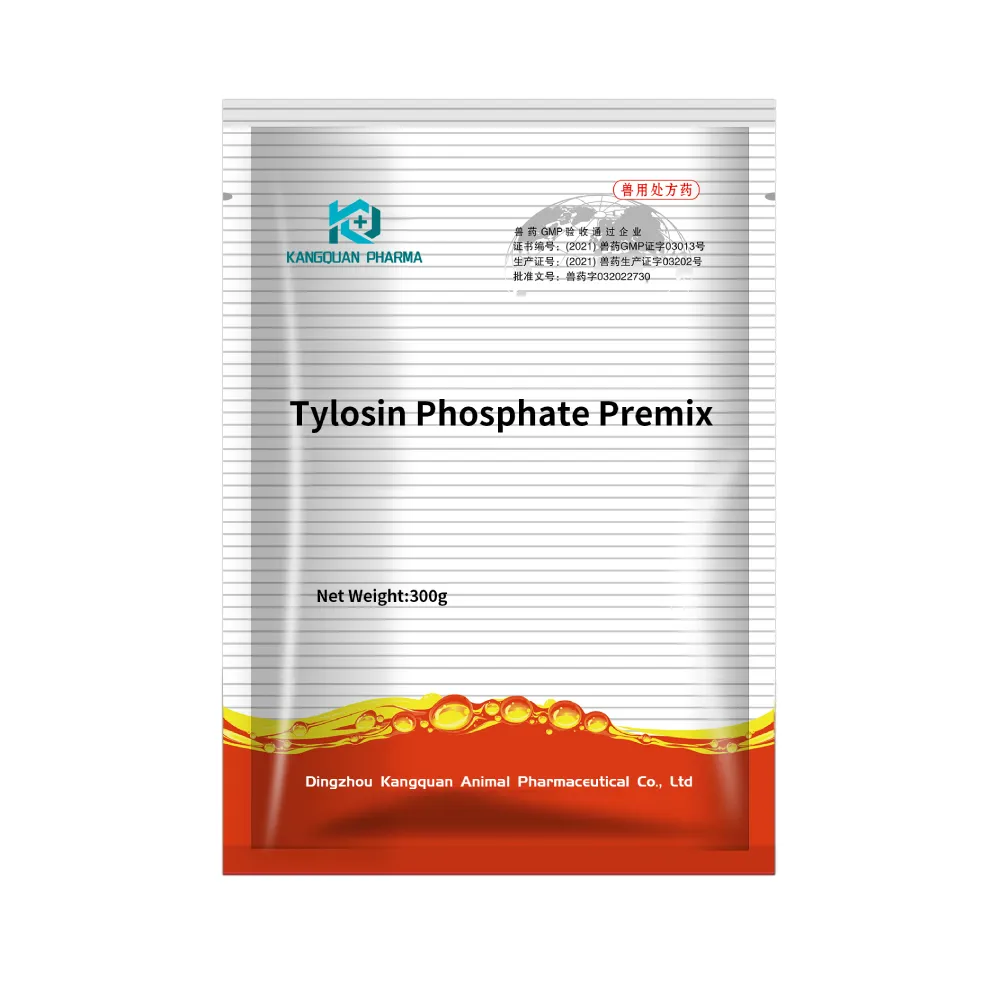- Afrikaans
- Albanian
- Amharic
- Arabic
- Armenian
- Azerbaijani
- Basque
- Belarusian
- Bengali
- Bosnian
- Bulgarian
- Catalan
- Cebuano
- Corsican
- Croatian
- Czech
- Danish
- Dutch
- English
- Esperanto
- Estonian
- Finnish
- French
- Frisian
- Galician
- Georgian
- German
- Greek
- Gujarati
- Haitian Creole
- hausa
- hawaiian
- Hebrew
- Hindi
- Miao
- Hungarian
- Icelandic
- igbo
- Indonesian
- irish
- Italian
- Japanese
- Javanese
- Kannada
- kazakh
- Khmer
- Rwandese
- Korean
- Kurdish
- Kyrgyz
- Lao
- Latin
- Latvian
- Lithuanian
- Luxembourgish
- Macedonian
- Malgashi
- Malay
- Malayalam
- Maltese
- Maori
- Marathi
- Mongolian
- Myanmar
- Nepali
- Norwegian
- Norwegian
- Occitan
- Pashto
- Persian
- Polish
- Portuguese
- Punjabi
- Romanian
- Russian
- Samoan
- Scottish Gaelic
- Serbian
- Sesotho
- Shona
- Sindhi
- Sinhala
- Slovak
- Slovenian
- Somali
- Spanish
- Sundanese
- Swahili
- Swedish
- Tagalog
- Tajik
- Tamil
- Tatar
- Telugu
- Thai
- Turkish
- Turkmen
- Ukrainian
- Urdu
- Uighur
- Uzbek
- Vietnamese
- Welsh
- Bantu
- Yiddish
- Yoruba
- Zulu
Δεκ . 03, 2024 17:44 Back to list
lincomycin hydrochloride tablet
Lincomycin Hydrochloride Tablet An Overview
Lincomycin hydrochloride is an antibiotic that is primarily used to treat a variety of bacterial infections. It is part of the lincosamide class, which functions by inhibiting bacterial protein synthesis, thereby halting the growth of bacteria. This article aims to provide a comprehensive overview of lincomycin hydrochloride tablets, including their uses, dosage, side effects, and important considerations.
Uses of Lincomycin Hydrochloride
Lincomycin hydrochloride is commonly prescribed for serious infections caused by anaerobic bacteria, which are bacteria that do not require oxygen to grow. These infections can occur in various parts of the body, such as the skin, respiratory tract, bone, and joints. It is particularly effective against certain types of staphylococcal and streptococcal infections, making it a valuable option for treating skin and soft tissue infections.
Moreover, lincomycin is often reserved for patients who are allergic to penicillin or for those whose infections are resistant to other antibiotics. It is sometimes used in combination with other antimicrobial agents to enhance therapeutic efficacy, particularly in cases of polymicrobial infections.
Dosage and Administration
Lincomycin hydrochloride is typically available in tablet form, with standard doses varying depending on the type and severity of the infection. The usual adult dosage is 500 mg every six to eight hours. For children, the dosage is adjusted based on body weight. It is essential to follow the healthcare provider's instructions regarding dosage to ensure the effectiveness of the treatment and minimize the risk of developing antibiotic resistance.
Patients should take lincomycin on an empty stomach, either one hour before or two hours after meals, as food can affect the absorption of the medication. It is important to complete the prescribed course, even if symptoms improve before finishing the medication, to prevent the recurrence of the infection.
lincomycin hydrochloride tablet

Potential Side Effects
Like all medications, lincomycin hydrochloride can cause side effects. Some common side effects include gastrointestinal issues such as diarrhea, nausea, vomiting, and abdominal discomfort. In some cases, more severe side effects can occur, such as pseudomembranous colitis, a serious condition that affects the colon. Symptoms of this condition include severe diarrhea, abdominal cramping, and blood in the stool, which requires immediate medical attention.
Allergic reactions are also possible, and patients should seek medical help if they experience symptoms such as rash, itching, swelling, or difficulty breathing. It is essential to inform healthcare providers of any pre-existing conditions or allergies before starting treatment with lincomycin.
Important Considerations
Before starting lincomycin hydrochloride, patients should inform their healthcare provider of their full medical history, especially if they have liver or kidney conditions, gastrointestinal diseases, or a history of antibiotic-associated colitis. Additionally, lincomycin should be used cautiously in pregnant or breastfeeding individuals, as its safety during pregnancy has not been firmly established.
Drug interactions can also occur, so it is crucial to provide a complete list of all medications, supplements, and herbal products being taken to the healthcare provider. Certain medications may interfere with the effectiveness of lincomycin or increase the risk of side effects.
Conclusion
Lincomycin hydrochloride tablets represent an important option in the arsenal of antibiotics available to treat bacterial infections, particularly in individuals who may not respond to or cannot tolerate other antibiotic classes. Understanding the appropriate use, potential side effects, and necessary precautions when taking lincomycin is vital for ensuring effective treatment and overall patient safety. As with any medication, it is always recommended to follow medical advice closely and consult healthcare providers with any questions or concerns regarding its use.
-
Guide to Oxytetracycline Injection
NewsMar.27,2025
-
Guide to Colistin Sulphate
NewsMar.27,2025
-
Gentamicin Sulfate: Uses, Price, And Key Information
NewsMar.27,2025
-
Enrofloxacin Injection: Uses, Price, And Supplier Information
NewsMar.27,2025
-
Dexamethasone Sodium Phosphate Injection: Uses, Price, And Key Information
NewsMar.27,2025
-
Albendazole Tablet: Uses, Dosage, Cost, And Key Information
NewsMar.27,2025













